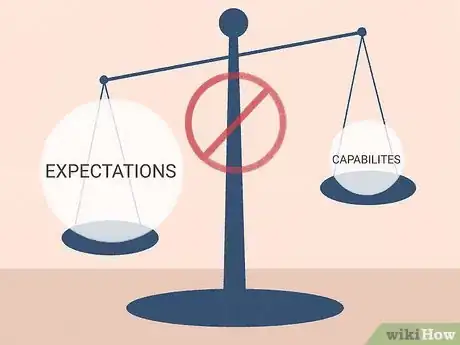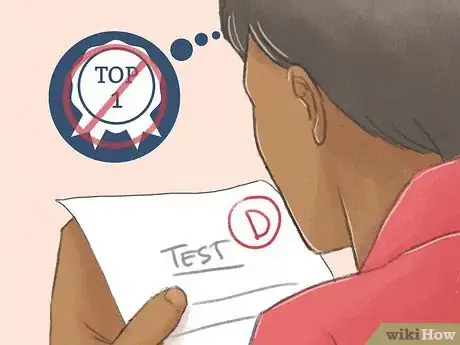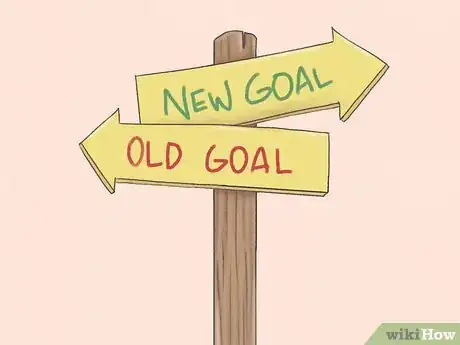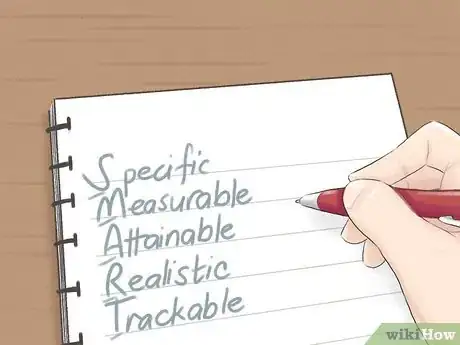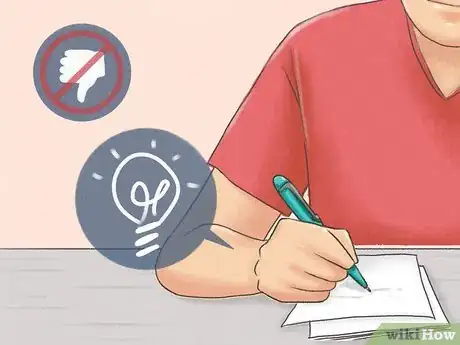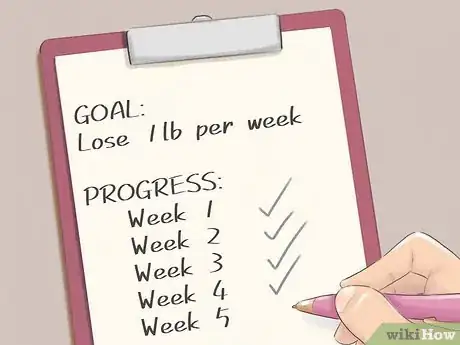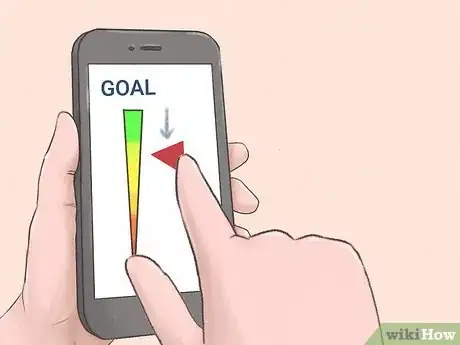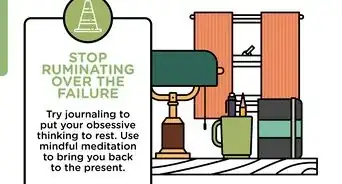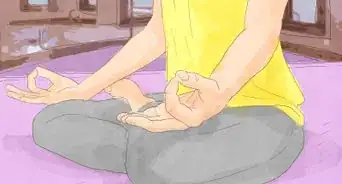This article was co-authored by Rachel Kove and by wikiHow staff writer, Janice Tieperman. Rachel Kove is a Certified Recovery Coach, Serial Entrepreneur, Published Author, Mental Health Advocate, and Actress with over 13 years of experience. She recently developed and became Co-Owner of Transformational Solutions, a life coaching program specializing in addiction, trauma, and personal development. Rachel also co-created the V.I.S.I.O.N.S program, an online self-improvement curriculum designed to help people get unstuck emotionally and accomplish their goals. Additionally, she co-hosts the weekly podcast “Kicking it With The Koves” alongside her brother and father, Jesse and Martin Kove.
There are 9 references cited in this article, which can be found at the bottom of the page.
This article has been viewed 113,854 times.
Few things in life are as agonizing as false hope. How are you supposed to keep moving forward and pushing through when your heart is set on the impossible? Keep your chin up; you can make it through this. Keep reading for plenty of tips, tricks, and advice on how you can cope with, let go of, and push past false hope once and for all.
Steps
Expert Q&A
-
QuestionIs false hope better than no hope?
 Kateri Berasi, PsyDDr. Kateri Berasi is a Licensed Clinical Psychologist and the Founder of Transcendent Self, PLLC, a group therapy practice offering affirmative, collaborative, and intentional care, based in Brooklyn, New York. With over ten years of experience in the mental health field, Dr. Berasi specializes in working with adults from the LGBTQIA+ community and creative industries through individual therapy, couples counseling, group therapy, and costume therapy. She holds a BA in Psychology, Art History, and French Language and Literature from George Washington University and an MA and MEd in Mental Health Counseling from Columbia University. Dr. Berasi also holds a PsyD in Clinical Psychology from Long Island University.
Kateri Berasi, PsyDDr. Kateri Berasi is a Licensed Clinical Psychologist and the Founder of Transcendent Self, PLLC, a group therapy practice offering affirmative, collaborative, and intentional care, based in Brooklyn, New York. With over ten years of experience in the mental health field, Dr. Berasi specializes in working with adults from the LGBTQIA+ community and creative industries through individual therapy, couples counseling, group therapy, and costume therapy. She holds a BA in Psychology, Art History, and French Language and Literature from George Washington University and an MA and MEd in Mental Health Counseling from Columbia University. Dr. Berasi also holds a PsyD in Clinical Psychology from Long Island University.
Licensed Clinical Psychologist Not really. Now that you've done much of the work by acknowledging that your hope is false, try processing, accepting and letting go of it. It can be challenging to accept reality, but in the end, being able to “deal” with it can help you through anything.
Not really. Now that you've done much of the work by acknowledging that your hope is false, try processing, accepting and letting go of it. It can be challenging to accept reality, but in the end, being able to “deal” with it can help you through anything. -
QuestionHow do I do the impossible?
 Rachel KoveRachel Kove is a Certified Recovery Coach, Serial Entrepreneur, Published Author, Mental Health Advocate, and Actress with over 13 years of experience. She recently developed and became Co-Owner of Transformational Solutions, a life coaching program specializing in addiction, trauma, and personal development. Rachel also co-created the V.I.S.I.O.N.S program, an online self-improvement curriculum designed to help people get unstuck emotionally and accomplish their goals. Additionally, she co-hosts the weekly podcast “Kicking it With The Koves” alongside her brother and father, Jesse and Martin Kove.
Rachel KoveRachel Kove is a Certified Recovery Coach, Serial Entrepreneur, Published Author, Mental Health Advocate, and Actress with over 13 years of experience. She recently developed and became Co-Owner of Transformational Solutions, a life coaching program specializing in addiction, trauma, and personal development. Rachel also co-created the V.I.S.I.O.N.S program, an online self-improvement curriculum designed to help people get unstuck emotionally and accomplish their goals. Additionally, she co-hosts the weekly podcast “Kicking it With The Koves” alongside her brother and father, Jesse and Martin Kove.
Certified Recovery Coach Well, while it's necessary to know what the expectations are going into any situation, you also need to have hope and dream big. If people didn't try to do what was deemed impossible, we wouldn't have so many of the things that we have today. So, push yourself past limiting beliefs and try to do the unexpected sometimes.
Well, while it's necessary to know what the expectations are going into any situation, you also need to have hope and dream big. If people didn't try to do what was deemed impossible, we wouldn't have so many of the things that we have today. So, push yourself past limiting beliefs and try to do the unexpected sometimes.
References
- ↑ https://psychcentral.com/blog/how-to-cope-with-disappointment#1
- ↑ https://au.reachout.com/articles/how-to-deal-with-disappointment
- ↑ https://www.mhanational.org/helpful-vs-harmful-ways-manage-emotions
- ↑ https://www.mhanational.org/helpful-vs-harmful-ways-manage-emotions
- ↑ https://www.psychologytoday.com/us/blog/think-well/201409/how-know-if-your-goals-are-realistic
- ↑ https://www.psychologytoday.com/us/blog/think-well/201409/how-know-if-your-goals-are-realistic
- ↑ https://au.reachout.com/articles/how-to-deal-with-disappointment
- ↑ https://www.psychologytoday.com/us/blog/think-well/201409/how-know-if-your-goals-are-realistic
- ↑ https://www.mayoclinichealthsystem.org/hometown-health/speaking-of-health/setting-smart-goals
- ↑ https://www.entrepreneur.com/article/318347
- ↑ https://www.mayoclinic.org/healthy-lifestyle/stress-management/in-depth/positive-thinking/art-20043950
- ↑ https://www.entrepreneur.com/article/318347
- ↑ https://www.entrepreneur.com/article/318347
- ↑ https://www.goodtherapy.org/blog/15-tips-for-letting-go-of-a-relationship-that-is-not-healthy-0829167
- ↑ https://www.goodtherapy.org/benefits-of-therapy.html



